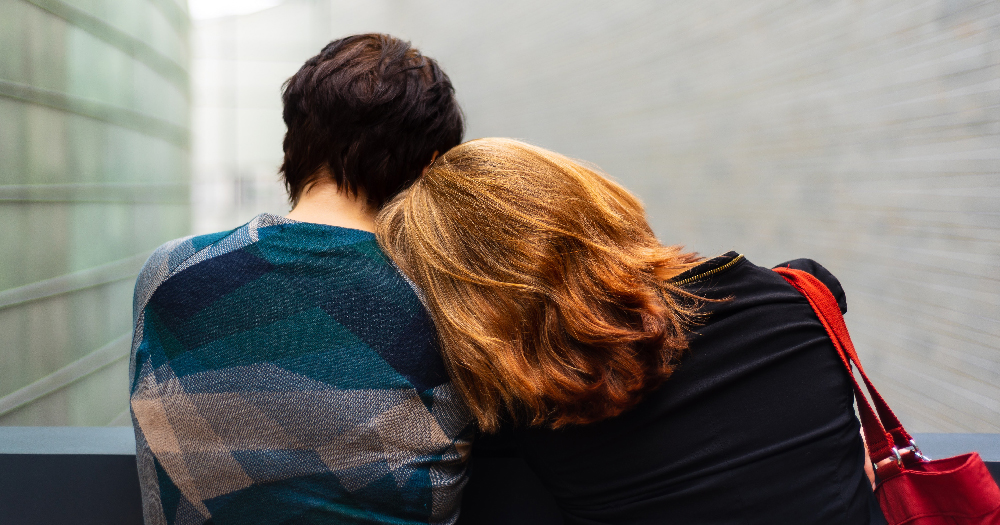A new online survey of 1,559 LGBT+ women, mainly from the UK, shows that a vast majority feel as though they are less visible in public life than gay men, with many feeling excluded from LGBT+ events. The survey comes ahead of Lesbian Visibility Day, which is this Saturday, April 26, and highlights why the event is still important with 79% of participants saying they feel less noticed than their male counterparts.
The survey found that the majority of LGBT+ women now come out at age 18, although there was a wide range of participants, with one person saying they came out at age 10, while another said she didn’t come out until she was 74. The findings showed that 86% of women who took part were comfortable with discussing their sexuality with their close friends, while 78% claimed to be out to the majority of their family and just 7% had not come out to any family members at all.
However, despite the large numbers of women who had come out, only 55% of survey participants felt as though they are able to kiss, hold hands or show affection to a same-sex partner in public in general, while another 36% only felt able to do so in a few places and 8% not confident in doing so at all. This fear is not unfounded however, with many women reporting instances of verbal and/or physical abuse based on their sexuality.
The largest number of these instances of abuse were reported to have taken place in bars, pubs or nightclubs (37%) or other public spaces (37%) with a further 23% of instances occurring on public transport and 20% happening in educational settings ( such as schools and colleges).
One of the main findings of the research was, again, that 79%, of LGBT+ women feel less visible in public life than gay, bi and trans men, with 40% saying they feel men dominate LGBT+ events and 44% stating there are not enough LGBT+ events for women. This erasure impacts the amount of queer women at LGBT+ events, with the survey finding that only 21% of its participants regularly attend LGBT+ events.
A further 44% would only go to one every few months or once or twice a year and 19% claim to never attend any community events at all. This exclusion, or feeling of isolation within the LGBT+ community itself may be a factor in over a third of the survey’s participants feeling concerned about their mental health. A further 43% struggle with stress or anxiety and 31% have accessed mental health services in the last 12 months.
More findings on from the survey can be found here, but the takeaway is that many queer women feel isolated not only in general society, but within the LGBT+ community itself. It is clear that there still is a lot to be done and Lesbian Day of Visibility is just as important as ever.
© 2020 GCN (Gay Community News). All rights reserved.
Support GCN
GCN is a free, vital resource for Ireland’s LGBTQ+ community since 1988.
GCN is a trading name of National LGBT Federation CLG, a registered charity - Charity Number: 20034580.
GCN relies on the generous support of the community and allies to sustain the crucial work that we do. Producing GCN is costly, and, in an industry which has been hugely impacted by rising costs, we need your support to help sustain and grow this vital resource.
Supporting GCN for as little as €1.99 per month will help us continue our work as Ireland’s free, independent LGBTQ+ media.
